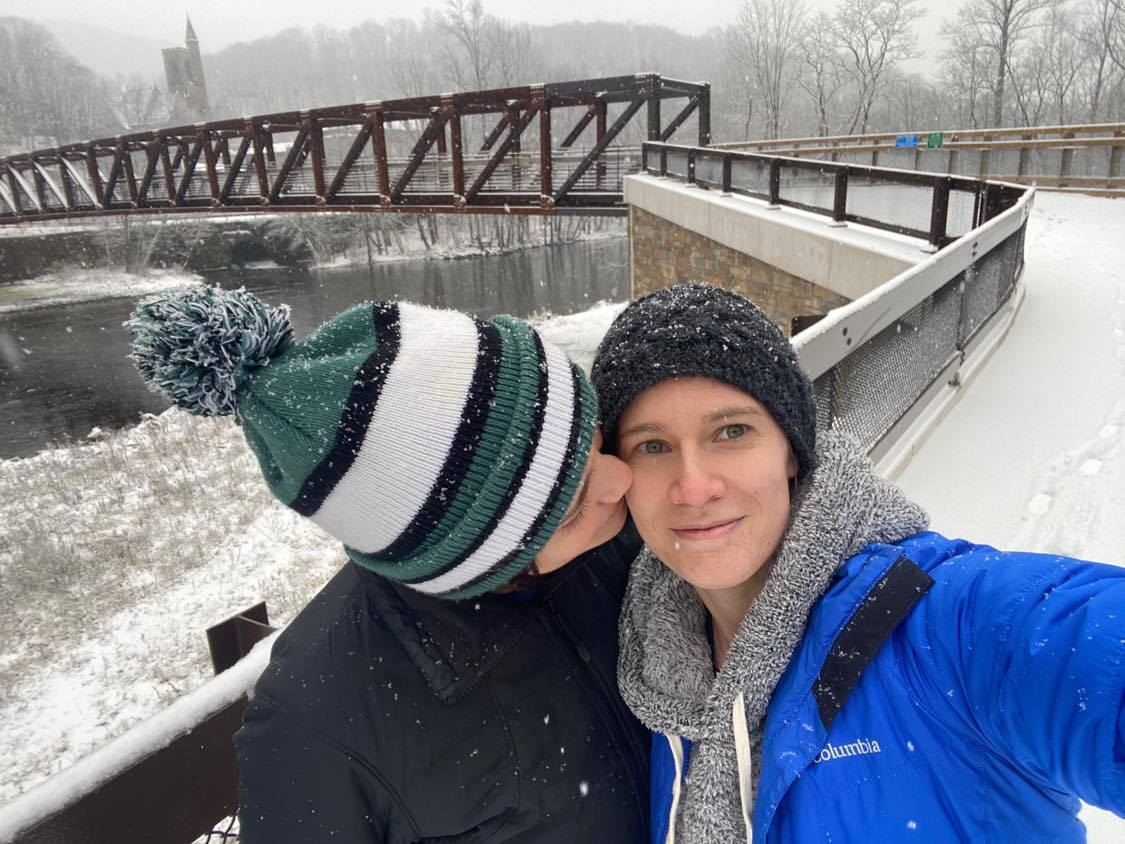How I Helped My Teen Transition to a Sober Lifestyle
By anonymous, from Chicago
It can be easy to dismiss it as teen angst, the blues, adolescent rebellion – to explain away a child’s behavior by using these and a bunch of similar epithets. And thankfully, in a majority of cases, a teenager’s behavior may be par for the course, but sometimes parents need to look beneath the surface too.
In some cases, the anger, the indifference, the tantrums may indicate a far deeper malaise than hormonal changes. The behavior may well be a cry of help. My husband and I gained this wisdom and this insight the hard way.
Realizing what the problem was
It took a while to even consider the possibility that my 15 year old son could be addicted to alcohol. It was unthinkable. We as parents were not enablers; we thought we had done everything right by explaining the perils of alcohol consumption to him.
When he was late home, we thought he was getting a kick out of being rebellious. When he seemed to spend altogether too much time at a friend’s place we thought he was just hanging or having fun. His mood swings we put down to just hormones. Even the frequent demands for money we thought of as stemming from his love for gizmos and gadgets.
The first inkling I got was when they money went missing the second time. The first time I lost a hundred dollars I put it down to my own carelessness and having mislaid the money. When 130 dollars went missing again, I knew that there was something wrong.
I began to pay attention – who were his friends? Were they the same people he had been with for the past few years? No, he seemed to have new friends now. I started to note levels of alcohol in liquor bottles. They seemed to stay about the same, but did the whisky seem paler now? I couldn’t tell. Then I found more signs, the slightly glazed look on his face, the beer breath, the sometimes (almost imperceptibly) slurred speech.
The confrontation
The confrontation was ugly. He denied everything, then he accused us of being terrible parents, then he blamed his brother for making him miserable. He couldn’t continue his denial however when we presented proof. After the ranting and recriminations ultimately we realized that our little boy was feeling lost and alone and was looking for direction.
Overcoming the next hurdle
Though he wouldn’t admit it in a million years, he wanted help; he needed it. He is an intelligent kid who could see that his life was going off the rails; he could see the future he had imagined for himself slip away. In a sense we dragged him kicking and screaming to rehab; he was a teen he had to be seen to be rebelling. But we could see that deep inside he was terrified; and relieved that we’d seen what the problem was; that we had decided to take charge.
We picked an inpatient facility because we thought the discipline of the place would do him good. Also we wanted that there should be no chance of him slipping back into bad habits; and that seeing others who were worse off than him would act as reinforcement for him to get better.
Helping him make a fresh start
I believe that recognizing his problem and acknowledging that our son had turned into an alcoholic was the first truly brave thing we did. The other brave thing we did was to ensure that he stayed sober and made sober friends who were as committed to a sober lifestyle. We helped him make a fresh start by getting him to join a community; a support network that offered a sense of fellowship at http://www.afreshstartsoberliving.com/.
This safe living environment not only provided peer encouragement but had strict rules that helped keep him on the straight and narrow. The shared living environment tolerated absolutely no substance abuse, required regular attendance of self help meetings with active participation in recovery. We believe that this gave my boy that extra support that he needed at a very vulnerable time.
When he came back home to us, he had another new set of friends; but these we trusted; even approved of. Our son is 21 and now away in college studying medicine. I hope that the happy ending of our story – a story that may so easily have gone awry – is an inspiration to other parents out there.
